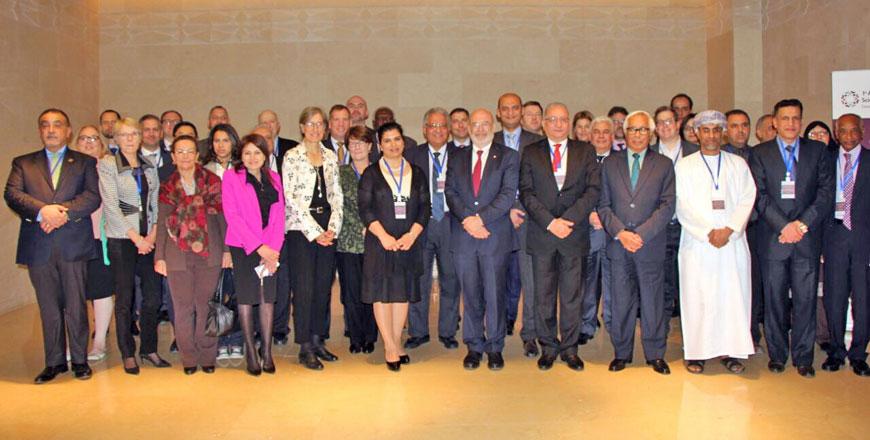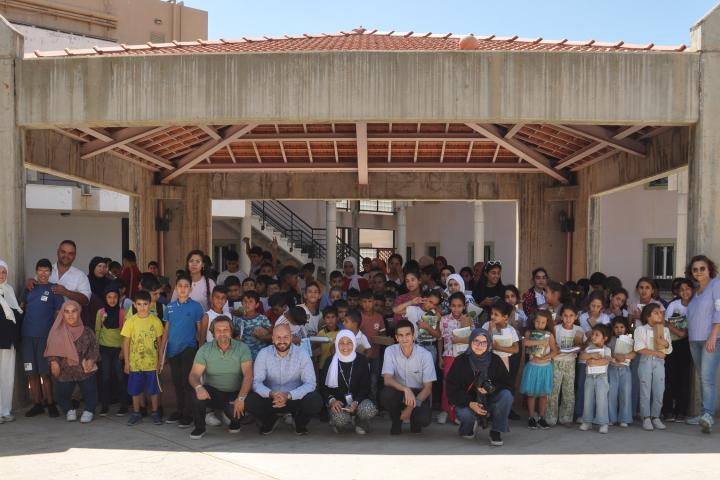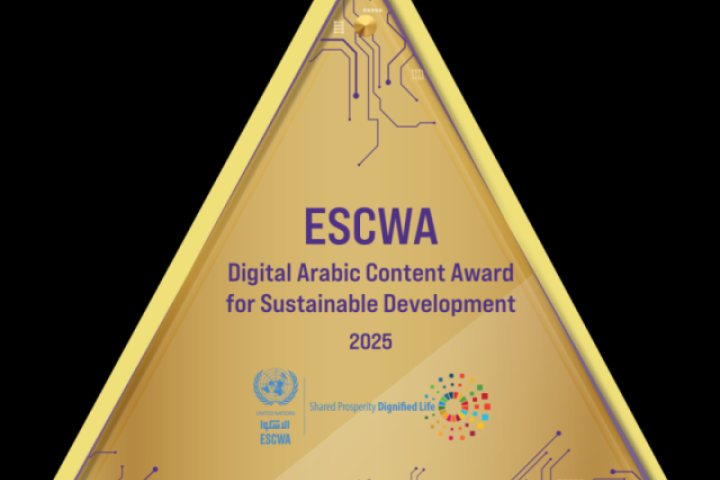News
4 Jan 2017
Beirut, Lebanon
The 1st Arab Leadership Dialogue on Science Advice to Governments

A number of scientists, technology leaders and innovators from 8 Arab countries – Egypt, Iraq, Jordan, Kuwait, Oman, Saudi Arabia, Sudan, and Palestine – met to discuss means of enhancing the role of science advice in decision making and addressing environmental challenges. The discussion was further enriched by the contribution of a group of international experts in the realm of science advice from United Kingdom, New Zealand, United States of America, and the UN Educational, Scientific and Cultural Organization (UNESCO).
The event sought to extend the dialogue on Science, Technology, and Innovation (STI) in the region, enlarge and strengthen the capacity and network of those interested in the improvement of science advice for policy, assist institutional development and regional cooperation, and seek regional input into the draft of Ethics and Principles of Science Advice to Government.
The participants also discussed the landscape of science advice in the Arab World, science advice in Sustainable Development Goals (SGDs) and the role of science academies. Furthermore, the meeting showcased factual case studies drawn from regional and international experiences such as Fukushima, flood risk management in Lebanon and genetically modified foods.
The participants stressed the need for more scientific research geared towards understanding risk management and they emphasized the role of STI in achieving SDGs at both national and global levels. Other key recommendations included: establishing STI parliamentary committees and institutionalizing the role of science advisor to the governments.



